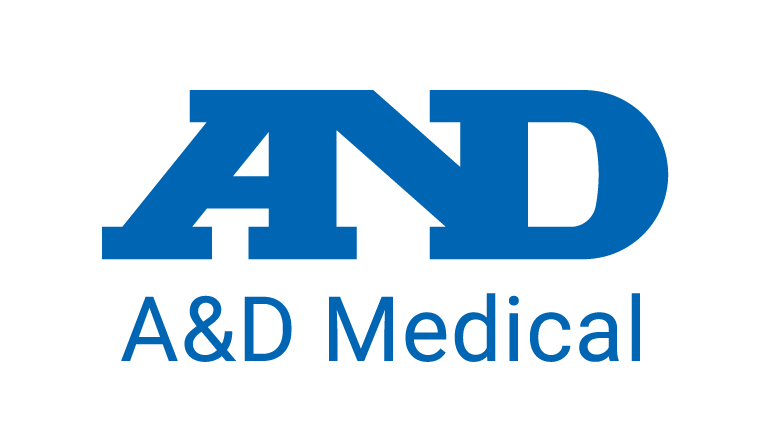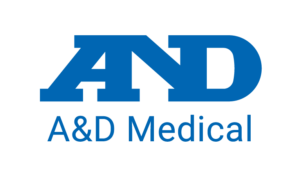Understanding High Blood Pressure in Children: A Growing Concern
High blood pressure, often associated with adults, is increasingly becoming a concern for children and adolescents. Recent studies highlight the importance of monitoring and managing blood pressure from a young age to prevent long-term health issues.
Incidence and Statistics
According to the American Heart Association, about 1 in 7 children and teens in the U.S. have blood pressure that’s higher than normal. This includes both elevated blood pressure and hypertension.
Risk Factors
Several factors contribute to the risk of developing high blood pressure in children:
- Family History: A family history of hypertension increases the likelihood of children developing high blood pressure.
- Obesity: Obesity is a significant risk factor, with nearly half of the youth newly classified as having high blood pressure being obese with nearly half of the youth newly classified as having high blood pressure being obese. The prevalence of high blood pressure in obese adolescents can be as high as 30%.
- Lifestyle Factors: Poor diet, high in sodium, and lack of physical activity are major contributors.
Symptoms
High blood pressure in children often goes unnoticed because it usually doesn’t cause symptoms. However, in severe cases or hypertensive crises, children may experience:
-
Headaches
-
Seizures
-
Vomiting
-
Chest pains
-
Fast, pounding, or fluttering heartbeat (palpitations)
-
Shortness of breath
If your child exhibits any of these symptoms, it’s crucial to seek emergency medical care.
Long-term Risks
High blood pressure in childhood is linked to a higher risk of cardiovascular disease in adulthood. It can lead to target organ damage, such as left ventricular hypertrophy and pathologic vascular changes. Early intervention is crucial to mitigate these risks.
Prevention and Management
Preventing and managing high blood pressure in children involves:
- Healthy Diet: Encouraging a diet rich in fruits, vegetables, and low in saturated fats and sodium.
- Regular Physical Activity: Promoting at least 60 minutes of physical activity daily.
- Regular Monitoring: Ensuring regular blood pressure checks, especially for children with risk factors.
Click here to add your own text




